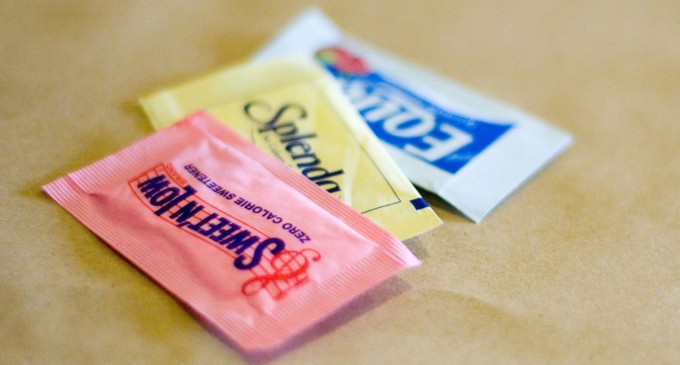What you Didn’t Know About Artificial Sweeteners

When you are counting calories, you probably are quick to select the beverages with a diet label or to grab a Sweet N’ Low for your coffee instead of sugar. But, lately artificial sweeteners are getting a bad rap.
There have been several studies linked these artificial sweeteners to health issues, including cancer. However, with so many sources reporting different things about these alternative sweeteners, it’s hard to decipher what’s actually the truth.
Here are three things you probably didn’t know about these sweeteners.
They probably don’t cause cancer.
If you have read anything in the past about these fake sugars, you probably have heard that they were linked to cancer, according to some studies. But, the FDA has recently refuted these. The claim came from several of studies done starting in the late 1970s. In 1977, the FDA banned the use of the cyclamate, an artificial sweetener, after a study revealed that rats that were fed high doses of this chemical developed bladder cancer.
Fast forward to 2000, a new study revealed that out of all the rats with high-dose exposure to a similar sweetener saccharin, only one rat developed bladder cancer. It was also later discovered that the previous study with cyclamate in 1977 was done with a specific breed of rat that was particularly susceptible to bladder cancer. In another similar study with more rats diagnosed with bladder cancer, it was proven that Vitamin C at the same levels as saccharin would also cause the cancer. There have been several other studies linking these sweeteners to other health concerns, but determining which of the sweeteners are the problem is difficult since manufacturers create mixtures of them. They are all trying to find the closest substitute to the beloved sugar.
There is only one type of artificial sugar banned in the US.
Cyclamate is used in more than 100 countries, but not one of them is the US. It is 30 times sweeter than sucrose. It has remained banned since the 1970s, but there is a petition that has been submitted to the FDA for the re-approval of the chemical in the US.










